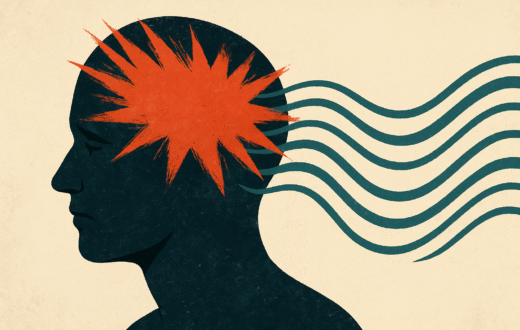- 3.2 Key psychological concepts relevant to mental health services in educational and professional organizations, Articles
The Long-Term Impact of Fathers’ Mental Health on Their Children

While media and pop culture often portray fathers as unwavering pillars of strength and sensitivity, reality paints a more nuanced picture. Many fathers experience depression, sometimes severely and when this goes unrecognized or untreated, it can have lasting effects on their children’s development.
A new study led by Kristine Schmitz, assistant professor of pediatrics at Rutgers Robert Wood Johnson Medical School, and published in the American Journal of Preventive Medicine, highlights the long-term consequences of paternal depression. The research found that children exposed to depressive symptoms in their fathers at the start of kindergarten are more likely to show behavioral problems and poor social interactions by age nine.
“Fathers’ mental health deserves the same attention as mothers” Schmitz emphasized. “Depression is a manageable condition, and pediatric care must evolve to include fathers in conversations and treatment options that suit their needs”.
The study revealed that between 8% and 13% of fathers in the U.S. experience depression during their children’s early years. This rate can surge to 50% when mothers are also affected by postpartum depression. Despite this, most existing studies have focused primarily on maternal mental health, leaving a gap in understanding how fathers’ mental well-being influences children over time.
To explore this further, researchers analyzed data from the Future of Families and Child Wellbeing Study, which tracked thousands of families across 20 U.S. cities. The study looked at fathers’ mental health when their children were 5 years old and then assessed children’s behavior through teacher reports when the children reached age 9.
Results showed a clear link: Children whose fathers reported feeling persistently sad or depressed at age 5 were significantly more likely to exhibit signs of defiance, restlessness, anger, and low self-esteem by the time they reached grade school.
Researchers suggest that depression in fathers may affect parenting styles, reduce emotional availability and increase household tension—all of which can influence a child’s behavior and emotional health.
This study is among the first in the U.S. to provide population-based evidence linking paternal mental health to later behavioral outcomes in children. It underscores the importance of early screening and support for fathers to prevent long-term consequences for families.
“Seeking help when we’re struggling is a powerful message to give our children” said Schmitz. “It’s one of the most valuable lessons they can learn”.





